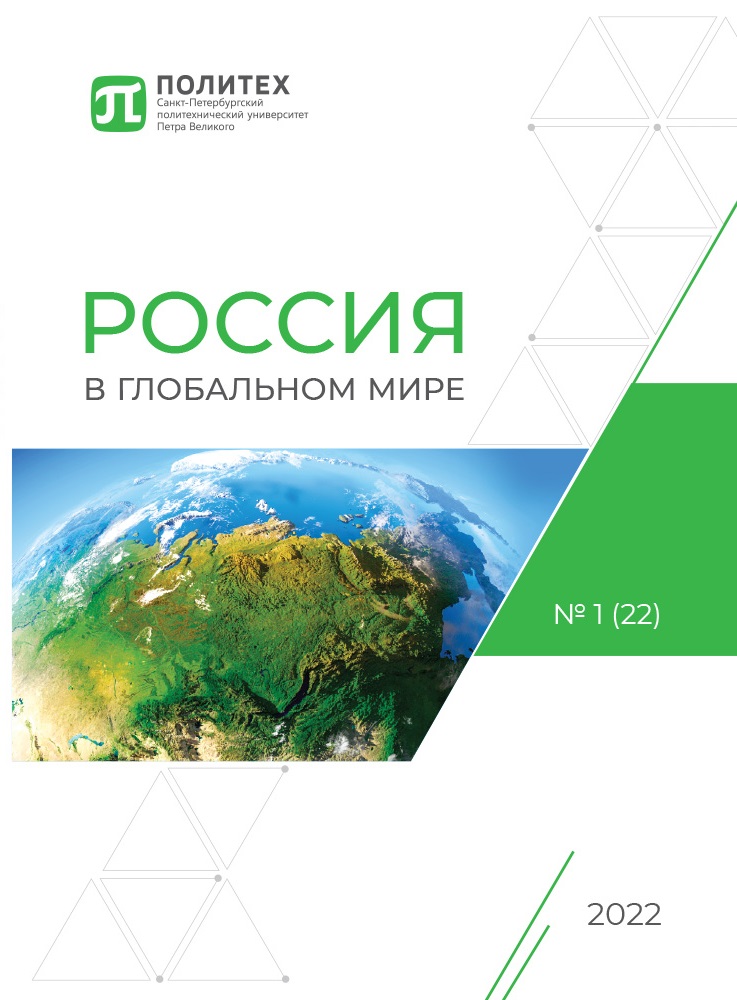On the Registration of Public Ownership of Archaeological Heritage Sites
Archaeological heritage sites are the most vulnerable cultural heritage sites, but for 20 years no official registration of public ownership of these sites has been carried out. This makes it difficult to enact security obligations of legal owners of these sites and carry out conservation works. The study focuses at the obligation to register public ownership of cultural heritage sites, including archaeological heritage sites. The purpose of the study is to identify shortcomings of the existing legal regulation that have caused non-compliance with certain norms and non-registration of public ownership of archaeological heritage sites, and to propose ways to resolve the problem. The data for study are the norms of federal laws of the Russian Federation and subordinate acts regulating the procedure of public ownership registration pertaining to archaeological heritage sites, as well as the legal views of executive bodies. The analyzed norms include definitional norms (“cultural heritage site”, “archaeological heritage site”, “real estate property”), norms regulating the civil legal status of an archaeological heritage site and the land plot underneath it, as well as norms regulating interdepartmental interaction in the area under consideration. For the first time, administrative and judicial practice on the topic of research is being introduced into scholarly discourse. The main research method is a systematic, logical and linguistic interpretation of norms, general logical methods, and thought experiments. It is substantiated that all archaeological heritage sites are real estate properties. It has been demonstrated that the current Russian Federation’s legislation requires the registration of public ownership of all archaeological heritage sites. Situational and regulatory factors that impede the registration of public ownership of archaeological heritage sites have been identified. Proposals have been formulated to improve existing regulation.


